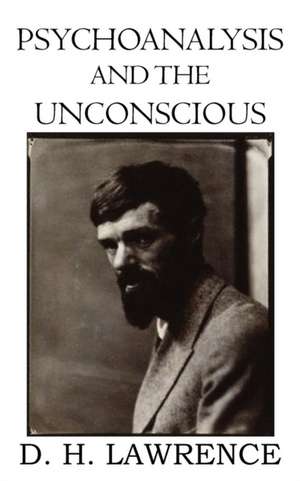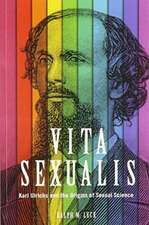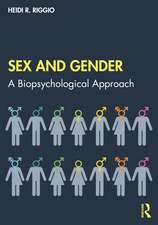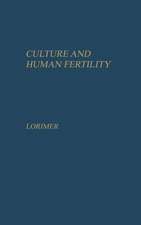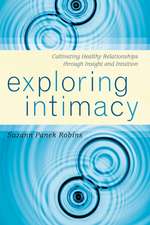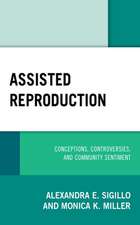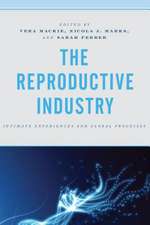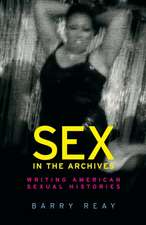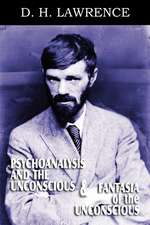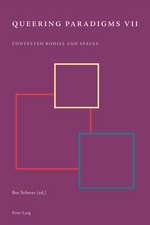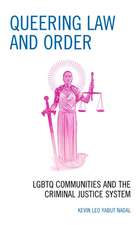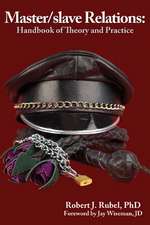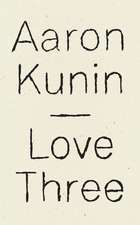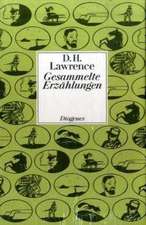Psychoanalysis and the Unconscious
Autor D. H. Lawrenceen Limba Engleză Paperback – 31 dec 2011
| Toate formatele și edițiile | Preț | Express |
|---|---|---|
| Paperback (4) | 65.23 lei 3-5 săpt. | |
| Spastic Cat Press – 31 dec 2011 | 65.23 lei 3-5 săpt. | |
| CREATESPACE – | 126.34 lei 3-5 săpt. | |
| LIGHTNING SOURCE INC – 16 mai 2018 | 96.23 lei 17-23 zile | |
| Rogers Press. – 14 mar 2007 | 182.28 lei 38-44 zile |
Preț: 65.23 lei
Nou
Puncte Express: 98
Preț estimativ în valută:
12.48€ • 12.92$ • 10.55£
12.48€ • 12.92$ • 10.55£
Carte disponibilă
Livrare economică 12-26 februarie
Preluare comenzi: 021 569.72.76
Specificații
ISBN-13: 9781612039442
ISBN-10: 1612039448
Pagini: 92
Dimensiuni: 127 x 203 x 5 mm
Greutate: 0.1 kg
Editura: Spastic Cat Press
ISBN-10: 1612039448
Pagini: 92
Dimensiuni: 127 x 203 x 5 mm
Greutate: 0.1 kg
Editura: Spastic Cat Press
Notă biografică
D. H. Lawrence (1885-1930) David Herbert Lawrence is one of the most versatile and influential figures in 20th-century literature. Best known for his novels, Lawrence was also an accomplished poet, short story writer, essayist, critic, and travel writer. The controversial themes for which he is remembered - namely, the celebration of sensuality in an over-intellectualized world - and his relationship with censors sometimes overshadow the work of a master craftsman and profound thinker. After Lawrence nearly died from pneumonia, his mother devoted herself to him. This relationship, including Lydia's smothering love for him, is examined in depth in Lawrence's largely autobiographical novel, Sons and Lovers (1913). The novel also focuses on industrialism, and explores the battle between the intellectual mind and the sensual body, drawing from Lawrence's experiences and influences. After studying hard in the hopes of becoming a teacher, Lawrence was accepted to Nottingham University College in 1906. By that time, he had begun writing poetry and what would turn into The White Peacock, his first novel. He did not enjoy the collegiate atmosphere and spent most of his time at Nottingham writing and learning about socialism. Still, he excelled in his work and, upon graduation in 1908, received a job at the Davidson Road Boys' School near London. Lawrence continued writing poetry and prose, and he was soon catapulted into London's literary circles, though he never felt comfortable within them. His mother developed cancer in 1910, and as she wasted away, Lawrence began writing "Paul Morel" (which would later become Sons and Lovers) as an investigation into his relationship with her. Declared unfit for military service in 1914, Lawrence wrote prolifically during the war, writing more poems, publishing The Rainbow in 1915, and working on Women in Love. The Rainbow's erotic subject matter and language was met with harsh criticism, and its distribution was stopped. He published Women in Love in 1920 that decade was spent travelling around Europe, New Mexico, and Mexico in a period Lawrence called his "savage pilgrimage." He continued writing novels, poems, and even books on psychoanalysis, though only Lady Chatterley's Lover (1928), another novel heavily censored for its erotic subject matter, approached the fame and reputation of his acclaimed earlier novels. Following various bouts of illnesses, Lawrence died of tuberculosis on March 2, 1930, in Vence, France.
